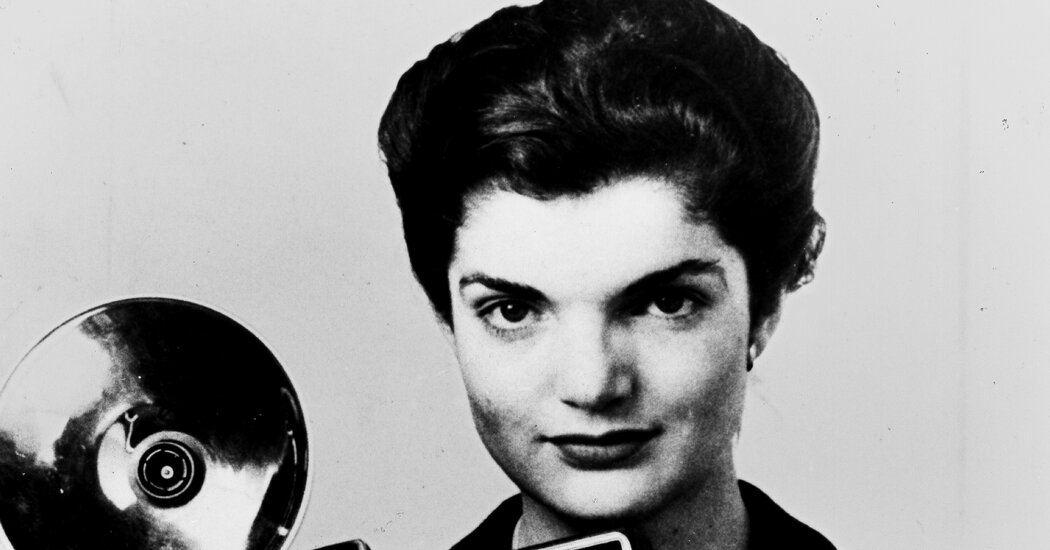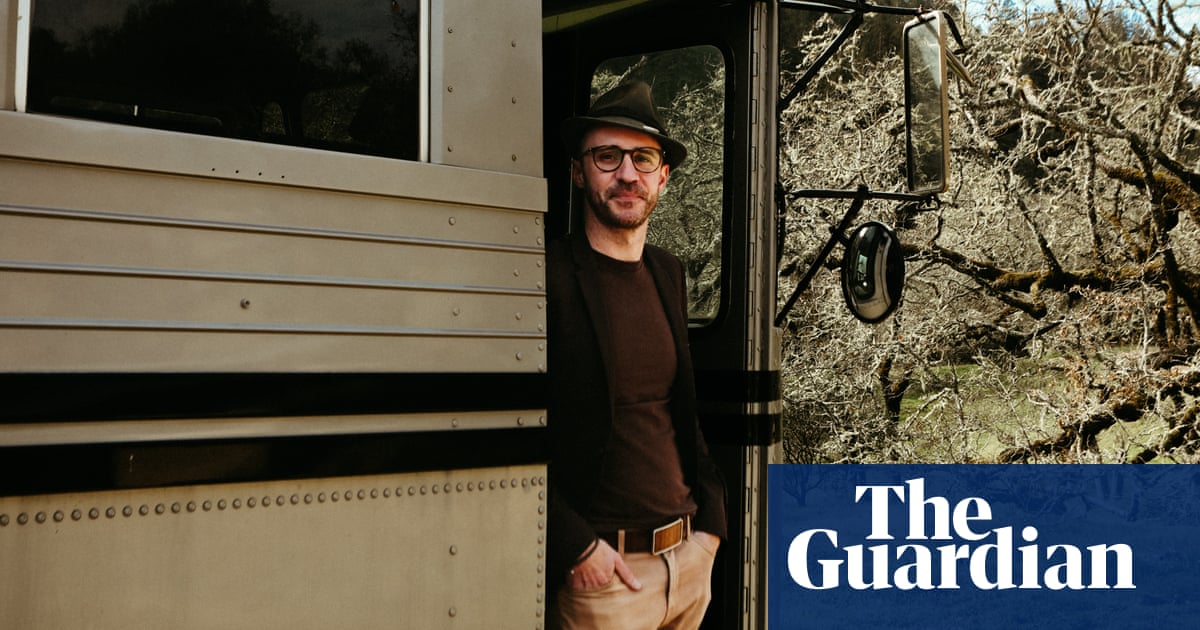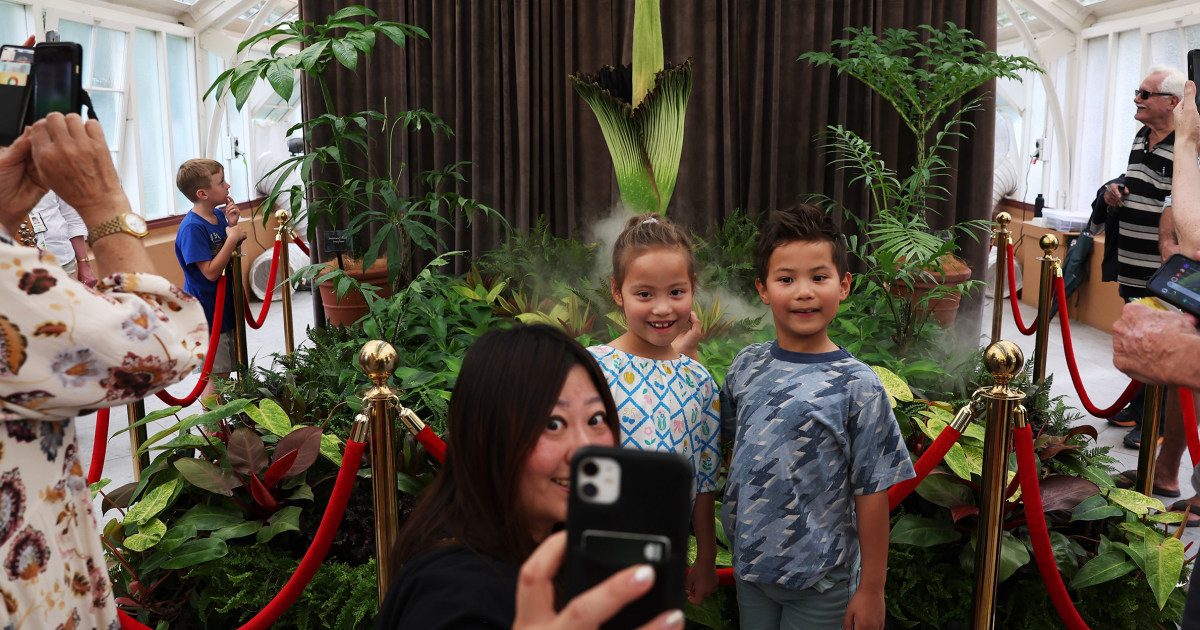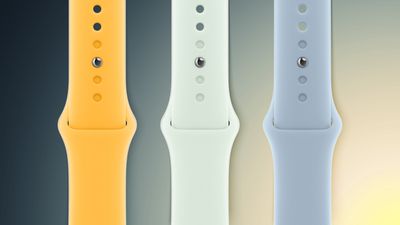Jacqueline Kennedy Onassis crosses my mind several times a day, mainly because tour groups pass by my Georgetown home to catch a glimpse of the bachelor pad where John F. Kennedy lived when he met Jackie at a dinner party. Eavesdropping on one such tour, I heard a guide recount the story of how the senator fell in love with the debutante. Escaping from the ongoing coarseness of Donald Trump and Ron DeSantis, I immerse myself in the sophistication of Jacqueline Bouvier while she was uncertainly being wooed by JFK.
In his latest book, “Camera Girl”, Carl Sferrazza Anthony offers a charming record of Jackie’s time at The Washington Times-Herald before she became an icon. After her graduation from George Washington University with a French literature degree in 1951, she started as a go-for, answering phones and making coffee.
Armed with contacts, including her stepfather who knew Arthur Krock (the Washington bureau chief of the New York Times), Krock once asked Frank Waldrop, the executive editor of The Times-Herald if they are looking for “little girls”. Waldrop found Jackie to be charming, witty, and eager, qualities that eventually secured her the “Inquiring Photographer” column, a six-day-a-week column that paid $25 per week.
The column involved asking people a question and taking their picture with a bulky camera. Jackie with her black Mercury convertible with a red interior nicknamed “Zelda” drove around town on a mission to fulfill her column. She was guarded and shy, employing sunglasses and her camera as shields against strangers. Her moxie paid her dividends as when interviewed at the Washington Senators locker room, the team broke their losing streak, and Jackie became their lucky charm.
Some reporters who initially looked down on her finishing school background got to respect her, and she eventually won them over. One reporter offered to take her to an execution and others came to love her provocative questions, from asking truck drivers what they think of Dior’s spring fashion line to asking if one would rather be respected or whistled at. Jackie also asked literary and esoteric questions, reflecting some of JFK’s interests.
Jackie did not shy away from approaching working-class subjects nor talked down to them; instead, she sought out “salty” characters. She interviewed my father, who was a detective in charge of Senate security, but was unable to answer her question because he was called to his office. He told the family that it was Jacqueline Bouvier who had approached him in the Capitol building.













